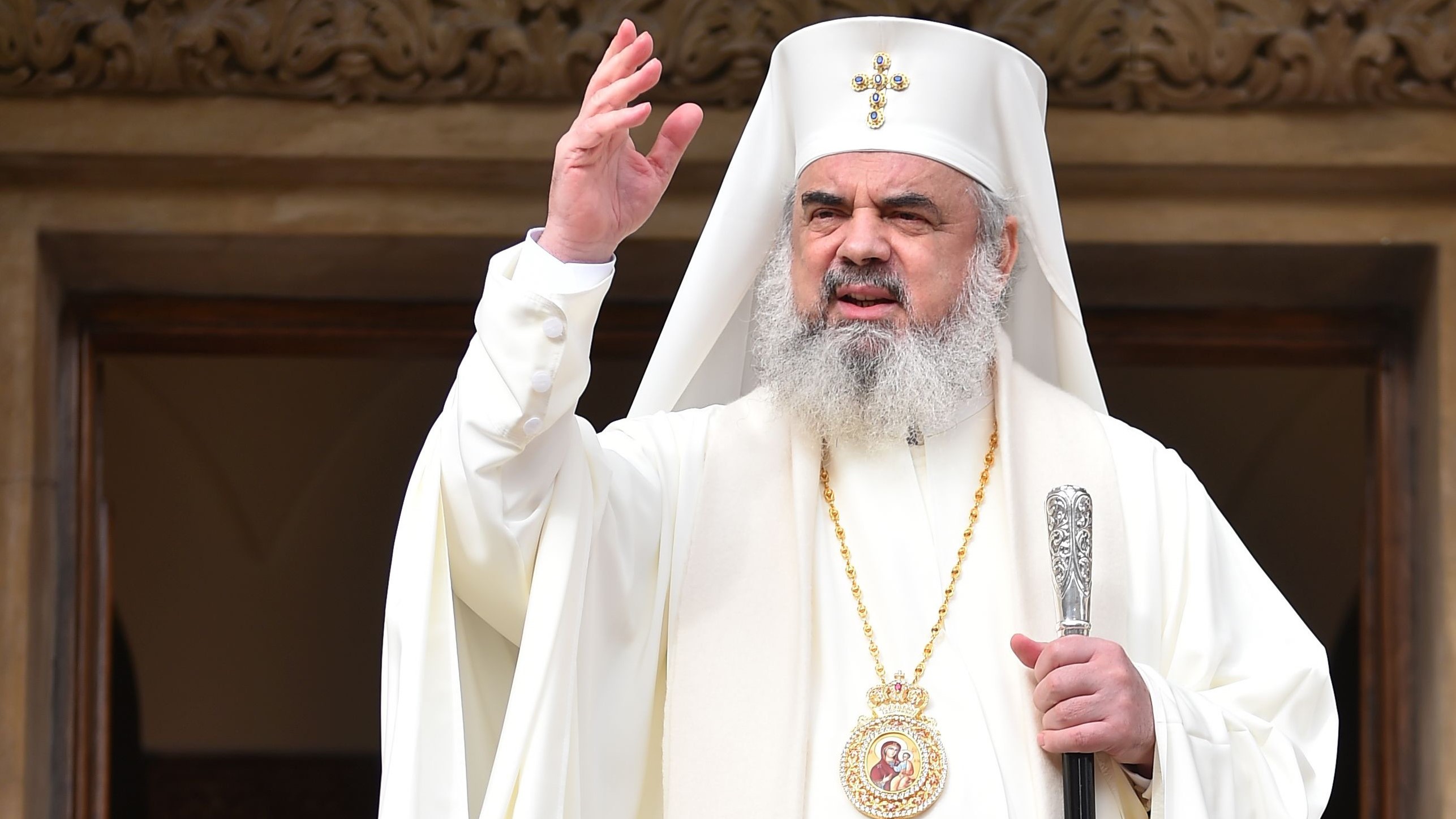No title in the Church rises to the height and beauty of the surname “Father”. September 30 is annually dedicated to the Father of all fathers in the Romanian Orthodox Church: His Beatitude Daniel, a Patriarch for 13 years.
Especially in the Solemn Year of the Pastoral Care of Parents and Children, it is necessary to consider an essential aspect regarding monks and nuns. They are called “father” and “mother.” Why? This way of addressing them shows that the monk and the nun, although they do not have the vocation of giving birth and raising children, as persons who live in a world of creation they have the vocation of another growth, a distinct fruitfulness.
Prof. Rev. Petre Semen explains the purpose attributed to people since creation when God said: “Be fruitful and multiply”:
“The authentic meaning of the text warns us that man was brought to earth in an environment of creation and fruit where he is also required to bear fruit so that the monk or nun does not justify their existence by simply passing on earth or in a monastery if they do not bear fruit also. Of course, these are fruits of a different nature than the physical ones, if they want to obtain an eternal name, a great name before God, more precious than sons or daughters, and at the same time to gain a place within the walls of the house of the Lord (Isa. 56: 5). Just as there are natural or physical growths, so we can speak of spiritual growths.”
For 13 years a Patriarch, for 33 years a fruitful Father of the Church
In 1987 His Beatitude first heard the name of Father. And he assumed it responsibly and wisely. He passed through all the steps of the hierarchy, being elected, after 20 years, the Father of the entire Romanian Orthodox Church.
The term “patriarch”, of Greek origin, also refers to fatherhood. It means “the head or father of a family” – from πατριά (homeland) which means “family” and ἄρχειν (archein) which means “to lead”.
Beginning with the deeds that remained unspoken from his beginnings as a monk, continuing with the achievements during his ministry as metropolitan and the 13 years of patriarchal stewardship, the fruitfulness of Patriarch Daniel materialized on several levels, having remarkable effects in the Church and society.
Among the quantifiable fruits, illustrative for these 13 years is the construction and renovation of places of worship in parallel with the incomparable philanthropic activity of the Church. The National Cathedral crowns the building of churches, and the 815 institutions and social services concretize philanthropy. The Romanian Orthodox Church has invested over 210 million euros since 2007 until today in the social-philanthropic field.
From another perspective, we can remember the canonization of 33 Romanians, the establishment of four new dioceses in the diaspora, the establishment of the Basilica Media Centre, etc.
Some would think that these figures are mere goals that the Church aspires to achieve. It is a responsibility and a dominant trait in the tradition of the Church that was absent during the communist period, and now it is becoming normal: that of uniting the Divine Liturgy with philanthropy.
“Believers are the wealth of our Church,” Patriarch Daniel said after his enthronement. He dedicated all his skill and effort to them.
Continuing the mandate of his forerunners, His Beatitude Patriarch Daniel was very attentive to the need for education and catechesis of young people. Representative in this sense is the projects “Christ shared with children” and “Choose the school!”
To this chapter can be added the initiatives for teaching Religious Education in school and those regarding the organization of the pre-university and university orthodox theological education.
Also, during the pandemic, the Church donated over four thousand tablets and other electronic devices to students and professors.
An up-to-date picture of the Church’s activity can be seen in the most recent report presented at the annual meeting of the National Church Council.
Patriarch Daniel’s parents
The Patriarch of the Romanian Orthodox Church is originally from the village of Dobrești, Timiș County. He was the third child in the family of teacher Alexie and Stela Ciobotea, born on July 22, 1951.
“When we were little we were used to working, but we also had the joy of the fruits,” the Patriarch remembered.
“From my mother we received the living faith that is shown through prayer and fasting, by going to church and, especially, from childhood she taught us to go to the monastery, to patronal feasts, to go on pilgrimages, although it was a difficult time.”

The Patriarch grew up in the Stalinist era when the work of the peasants was plundered and religion oppressed.
“At that time, keeping the faith and keeping the love for the traditions inherited from the grandparents, from the ancestors, was a great gift. That is why we remember our parents with great gratitude, with reverence, and we always urge our schools to cultivate gratitude for the parents who gave birth to us, raised us and helped us to form ourselves intellectually and spiritually”.
“These childhood memories were often an engine, a catalyst, a source of inspiration for later works,” the Patriarch confessed.
Photography courtesy of the Basilica.ro Archive
Thank you for reading Basilica.ro.





